About Rent Control
Reasons why it will disappoint most people

Rent control has negative consequences for landlords, most tenants, and neighborhoods. Rent control creates more problems than it solves. My personal experience was an inability to live in Berkeley while a student (vacancy rates were less than 1%). After college, I was able to buy a home there. But when I had to relocate, I was forced to sell (to another homeowner), because the rental rate demanded by the city was about 1/2 of my mortgage costs. How could I afford to keep my beloved home? Much less maintain it?
Why we should speak out against rent control:
1. Reduced Investment in Repairs and Upgrades: Landlords are less inclined to invest in maintenance and upgrades if they have no hope to eventually increase rents to cover the costs. This can lead to a decline in the overall quality of rental properties.
2. Supply and Demand Imbalances: Econ101: When rents are capped at below market rates, there is increased demand for rental units, leading to shortages. At the same time, single family homes will most likely get sold to owner-occupants, reducing the pool of available rentals.
3. Discourages New Construction: Developers will not invest in new construction projects if they (or their prospective buyers) anticipate restrictions on the rents they can charge, not to mention annual ritual of new legislation pandering to tenants. This contributes to a shortage of affordable housing.
4. Uneven Distribution of Benefits to Tenants: Rent control can benefit existing tenants but create challenges for new renters. Newcomers may face no vacancy, or higher rents due to scarcity. One example of an unintended consequence was the new policy instituted in Oregon. Landlords felt compelled to raise rates as soon as possible because they were facing a cap in future rental rate increases.
5. Slums: Rent control contributes to the decline of neighborhood quality. Without the economic incentive for landlords to maintain and improve their properties, neighborhoods suffer from a lack of investment and upkeep.
6. Unfair to Landlords: Landlords are not the enemy; they are providing housing to people who do not want to buy (or can’t). Some of them are using rental income for their retirement. They come from all walks of life. What about their costs? Labor, taxes and insurance are all increasing at alarming rates.
7. Bureaucracy: Implementing and enforcing rent control policies can be challenging and will require significant bureaucratic oversight. Of course, government can just charge fees and build more departments. Yay.
While rent control aims to protect tenants from excessive rent increases, it has unintended negative consequences on new tenants (usually), established landlords, the housing markets and neighborhood quality of life.





